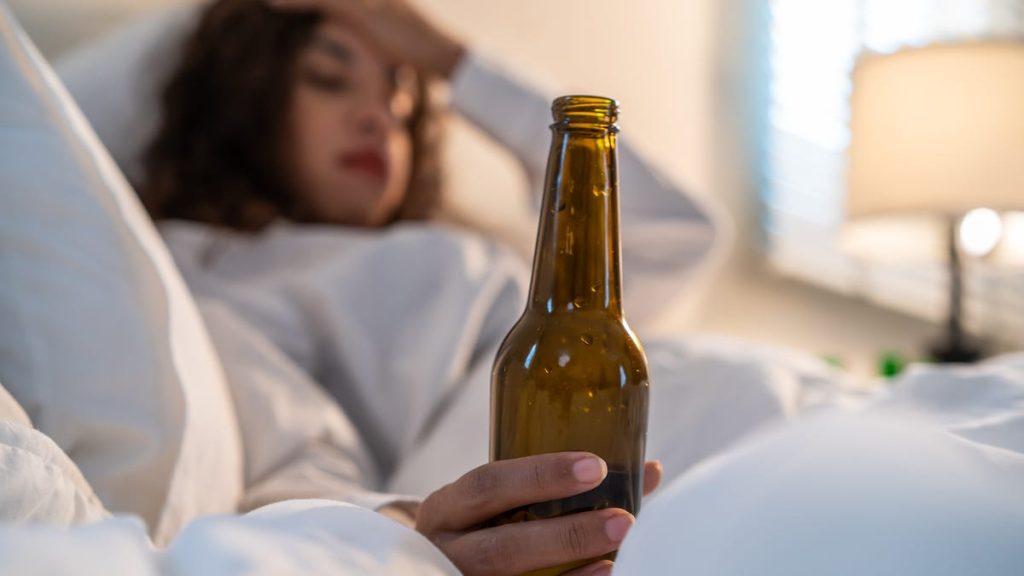National Beer Day is a time to celebrate, but it’s important to understand how alcohol can impact your sleep quality. While alcohol can initially help you relax and fall asleep, it can disrupt your sleep cycle, particularly REM sleep. This can lead to frequent awakenings during the night and difficulty getting back to sleep. If you struggle with falling asleep, consider replacing your nightcap with relaxing activities such as reading, taking a bath, or practicing yoga before bed.
Alcohol is a central nervous system depressant, which gives you a relaxed feeling and can make it easier to fall asleep. However, the quality of restorative sleep decreases, as alcohol consumption disrupts REM sleep. Although alcohol may help you fall asleep faster, it can lead to decreased daytime alertness and overall performance. Additionally, alcohol can suppress melatonin production in the body, throwing off the natural sleep-wake cycle and contributing to sleep disturbances.
Alcohol affects sleep in several ways, including disrupting REM sleep, causing frequent awakenings, and suppressing melatonin production. For individuals with conditions such as obstructive sleep apnea or insomnia, alcohol can worsen symptoms and contribute to additional health risks. While alcohol may initially seem like a sedative, it can lead to REM sleep disruptions and frequent waking, making it an ineffective treatment for insomnia. It’s essential to be mindful of how alcohol impacts your sleep and set limitations to ensure optimal sleep quality.
To improve sleep after drinking alcohol, consider keeping a sleep log to track how alcohol affects your sleep patterns. It’s recommended to stop drinking at least 4 hours before bedtime to allow your body to metabolize the alcohol properly. Moderation is key, and timing your drinks can help prevent disruptions in sleep quality. Finding a balance between enjoying a drink and maintaining good sleep hygiene can ensure you get a restful night’s sleep without the negative effects of alcohol consumption.
Overall, while alcohol can help you relax and fall asleep faster, it can disrupt the quality of sleep, leading to frequent awakenings and decreased daytime alertness. By being aware of how alcohol affects your sleep and setting limitations on when you consume alcohol, you can enjoy a drink without compromising your sleep quality. It’s important to prioritize good sleep hygiene and consider alternative relaxation techniques in your nighttime routine to promote restful sleep.


